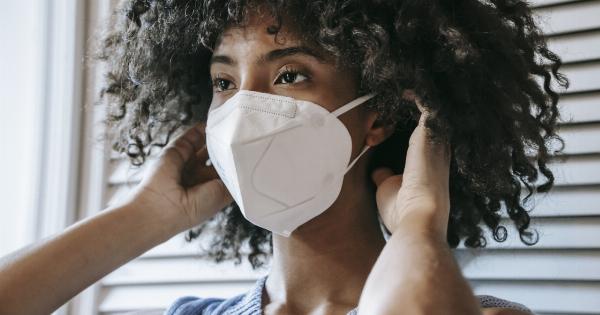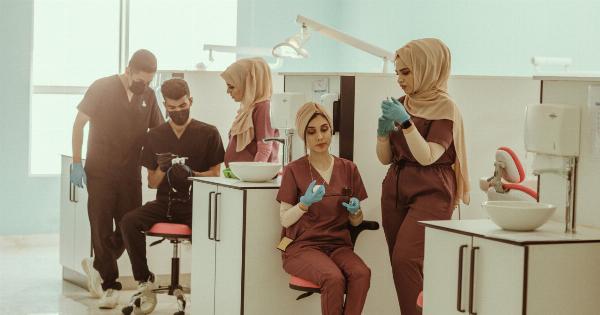As the world continues to grapple with the COVID-19 pandemic, a new variant of the virus has emerged. The Omicron variant, first identified in South Africa, has raised concerns due to its high number of mutations.
While scientists are still studying Omicron, initial data suggests that it may spread more easily than previous variants and potentially evade some immune responses.
One aspect of the Omicron variant that has received less attention is the presence of a new sub-lineage called Ba.2. In November 2021, the World Health Organization (WHO) designated Omicron with two sub-lineages: Ba.1 and Ba.2.
Ba.1 contains the majority of Omicron cases that have been identified worldwide. Ba.2, on the other hand, has been detected in a smaller number of cases.
However, early data suggests that Ba.2 may be more concerning when it comes to the risk of severe illness.
MOSIALOS is an acronym that stands for “Mandatory Omicron Sublineage Identification And Labeling Of Samples.” This is a system put in place to help track the spread of the Omicron variant.
When a sample is identified as Omicron, laboratories are required to determine whether it belongs to the Ba.1 or Ba.2 sub-lineage.
Why Ba.2 Is a Real Threat
While Ba.2 has only been identified in a small number of cases, there are reasons to be concerned. Early data suggests that Ba.2 may be associated with a higher risk of severe illness compared to Ba.1.
One study from South Africa looked at 313 hospitalized COVID-19 patients with Omicron, including both Ba.1 and Ba.2 sub-lineages.
They found that patients with the Ba.2 sub-lineage were more likely to require oxygen therapy and more likely to be admitted to the ICU than patients with Ba.1. The study also noted that patients with Ba.2 had a higher viral load, which could contribute to their increased risk of severe illness.
Another study from the United Kingdom found that Ba.2 was associated with a higher risk of hospitalization compared to Ba.1. However, the number of Ba.2 cases in this study was very small, so more research is needed to confirm these findings.
It’s important to note that these studies are based on small sample sizes and are still very preliminary. We need more data to fully understand the risks associated with Ba.2.
What Does This Mean for COVID-19 Vaccines?
The emergence of the Omicron variant has raised concerns about the effectiveness of COVID-19 vaccines. Preliminary data suggests that some vaccines may be less effective at preventing infection with Omicron compared to previous variants.
However, it’s important to note that vaccines are still effective at preventing severe illness and hospitalization, even against Omicron. This is why getting vaccinated remains an important tool in our fight against COVID-19.
It’s still unclear what impact the Ba.2 sub-lineage may have on vaccine effectiveness. Some early data suggests that vaccines may be less effective at preventing infection with Ba.2 compared to Ba.1.
However, we need more research to understand the implications of this.
Regardless, getting vaccinated remains the best way to protect ourselves and our communities from COVID-19. Experts continue to stress the importance of getting vaccinated, even with the emergence of new variants.
What Can We Do to Protect Ourselves?
As we continue to learn more about the Omicron variant and its sub-lineages, it’s important to stay informed and take steps to protect ourselves and our communities from COVID-19.
First and foremost, getting vaccinated remains the most important step we can take to protect ourselves from COVID-19. If you haven’t already been vaccinated, talk to your healthcare provider about getting vaccinated as soon as possible.
Other steps we can take to protect ourselves include wearing masks in indoor public settings, avoiding large crowds, practicing good hand hygiene, and staying home if we feel sick.
What Does the Future Hold?
As with previous waves of the COVID-19 pandemic, there is still much we don’t know about the Omicron variant and its sub-lineages.
It’s possible that Ba.2 may not end up being a significant concern, or it may prove to be a more serious threat down the line.
What we do know is that COVID-19 is still a serious global health crisis, and we must continue to take steps to protect ourselves and our communities.
This includes staying informed about the latest developments in the Omicron variant and its sub-lineages, and taking steps to protect ourselves and our loved ones from COVID-19.





























